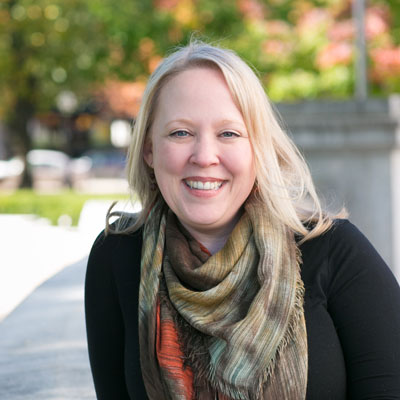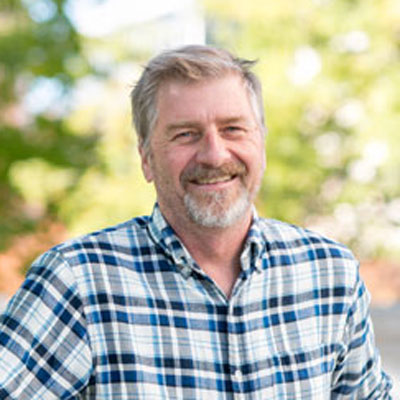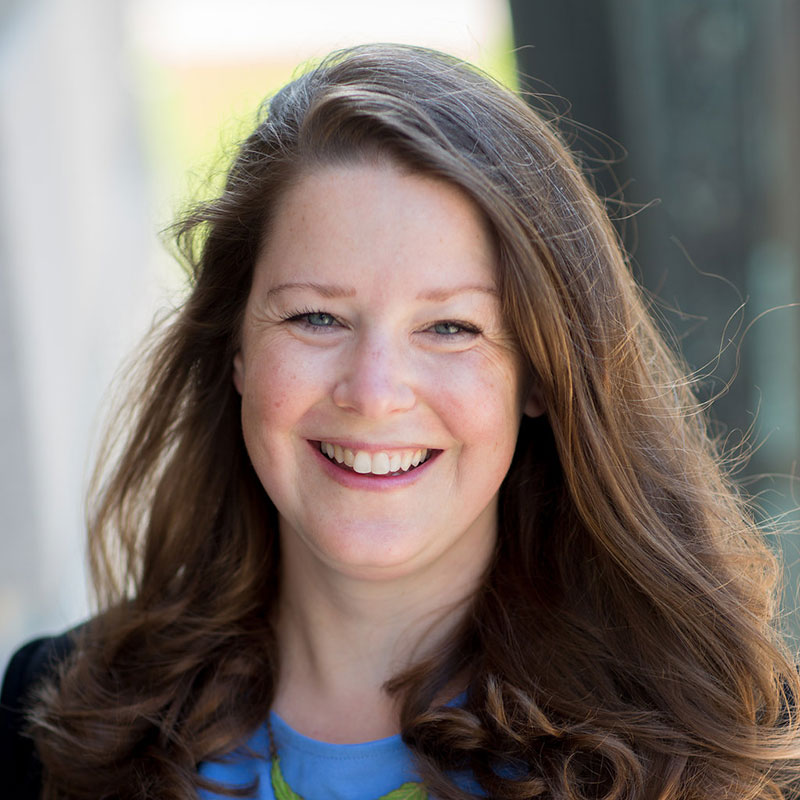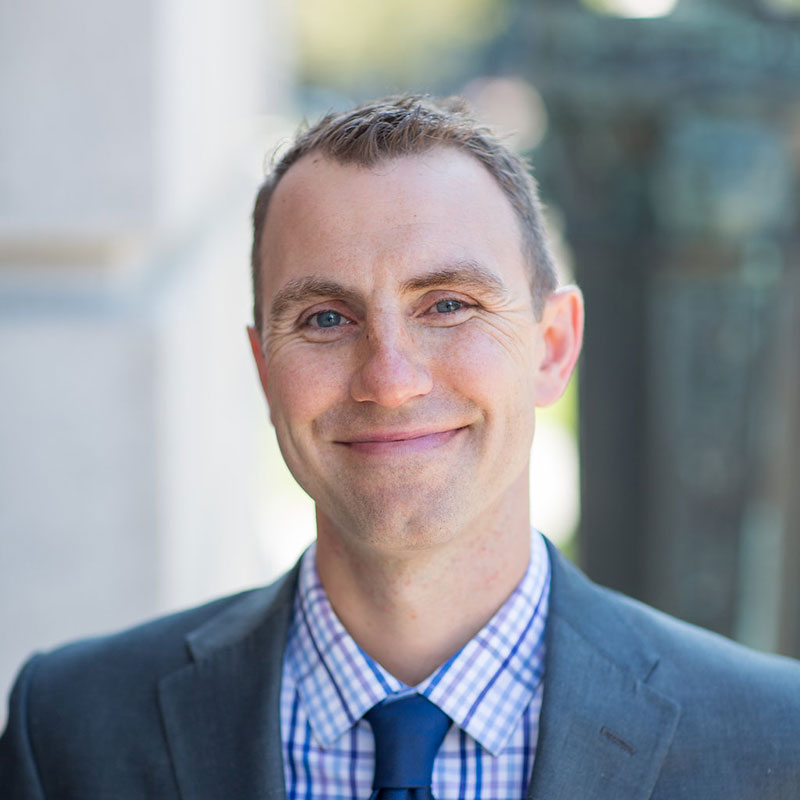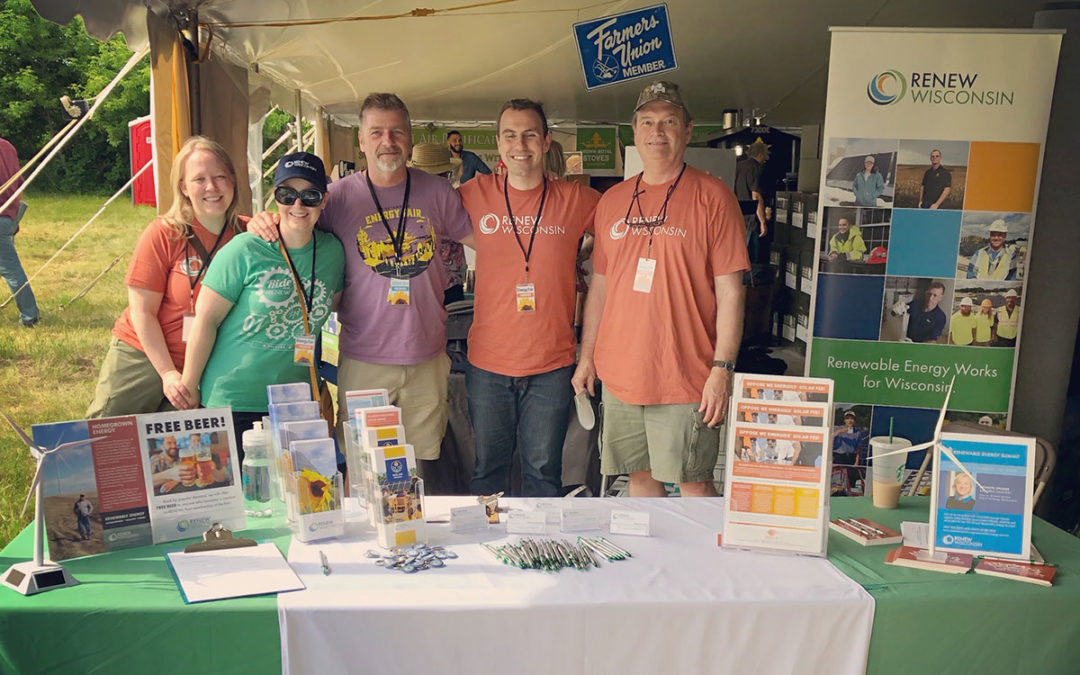
by Jodi Jean Amble | Jun 28, 2019 | Electric Vehicles, Events, Local Government, Programs, RENEW Wisconsin, Renewables, Solar, Solar for Good
Last weekend, the MREA Energy Fair brought people together to learn about clean energy and sustainability, connect with others, and take action towards a sustainable future. The Fair featured workshops, exhibitors, live music, inspiring keynote speakers, family fun, great local food, and more. The Energy Fair is the longest-running event of its kind in the nation and RENEW Wisconsin was excited to be a part of it!
RENEW staff presented some compelling workshops and you can download slides from their presentations below.
Clean Energy Communications
Jodi Jean Amble, RENEW’s Communications Director, presented a workshop on clean energy communications. She discussed 6 tenets of creating effective communications messages, shared insights from clean energy communications polling, and showcased some of RENEW’s recent campaigns.
Community-Led Clean Energy Action
Michael Vickerman, RENEW’s Policy Director, presented a workshop focused on communities across Wisconsin that are taking action to advance renewable energy in meaningful ways. Michael’s presentation surveys the specific action steps taken by individual municipalities to procure new supplies of solar energy and integrate carbon reduction goals into their own operations, including local transit options.
Solar Farms – Economic and Agricultural Benefits
Heather Allen, RENEW’s Program Director, presented a workshop on solar farms featuring Bob Bishop, a local farmer from Iowa County renting his land out for the 300 Megawatt Badger Hollow Solar Farm. They talked about the economic, environmental and agricultural benefits of solar farms for rural communities. This workshop explored how to address frequently asked questions including those related to land use, food production, visual changes, and community values.
Solar for Good – Helping Wisconsin Nonprofits
Sam Dunaiski, RENEW’s Program Manager, presented information on the Solar for Good program including how the program got started and how it assists nonprofits in going solar. The workshop also featured a panel of nonprofits and solar installers that participated in the program. Panelists were Joe Lenarz (Pleasant Ridge Waldorf School), Kelsey Parry (Heckrodt Wetland Preserve), Angie Kochanski (Arch Electric), and Doug Stingle (North Wind Renewable Energy).
Electric Vehicle Toolkit
Jane McCurry, RENEW’s Program Manager focusing on electric vehicles, presented a workshop for people interested in seeing EV adoption advance in the Midwest. The discussion included charging infrastructure, influencing policy, the benefits of driving electric, and why EVs are good for the community, state, and country.
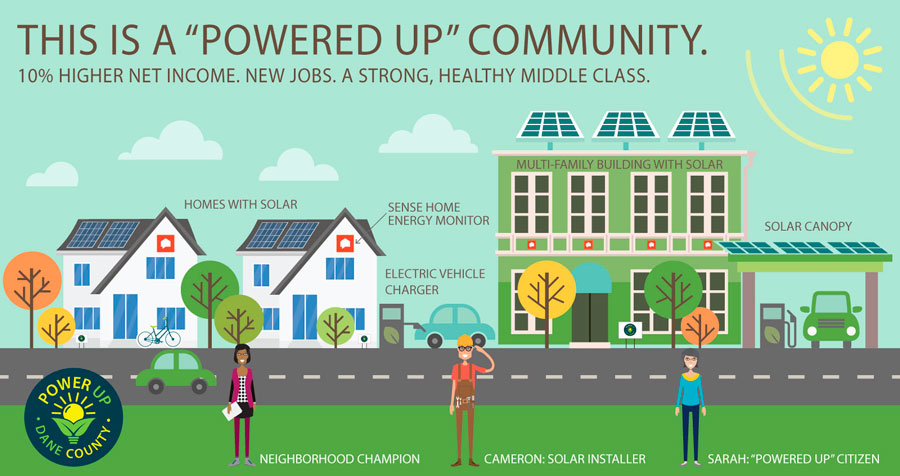
by Jane McCurry | Dec 3, 2018 | Electric Vehicles, Jobs, Programs, Renewables, Solar, Sustainability
Over the past three months, RENEW Wisconsin has been participating in an exciting and audacious challenge to develop ways to bolster the middle class of Dane County. UW-Madison was selected as one of four universities nationally to participate in a competition sponsored and funded by the Schmidt Futures Foundation, led by Google’s former CEO Eric Schmidt. UW’s program is called “Dream Up Wisconsin.”
The challenge is to increase the net income of 10,000 Dane County Families by 10%.
Our Plan: to “Power Up” Dane County families and communities with clean energy! We were one of 46 original applicants, and we were fortunate to be one of 11 applicants to receive $10,000 to more fully flesh out our proposal.
Our vision for Power Up Dane County is to create buzz about clean energy and provide community members the tools to adopt clean energy to reduce their monthly bills, create new jobs, and build a healthier community. We want everyone to have access to clean energy, from efficient homes to solar panels on their roof, and electric vehicles in their garage.
However, many middle class families don’t know that these technologies are available to them. Power Up is our idea to change that.
The program would start by empowering households to take control of their electricity bills using “Neighborhood Champions.” These champions will be excited members of the community who will help households install efficiency kits and the home energy sensor, Sense. Sense measures electricity consumption in real-time, and gives users a visual indication of their energy use through an app. By learning which devices in their home use the most electricity, residents can unplug energy hogs and save money.
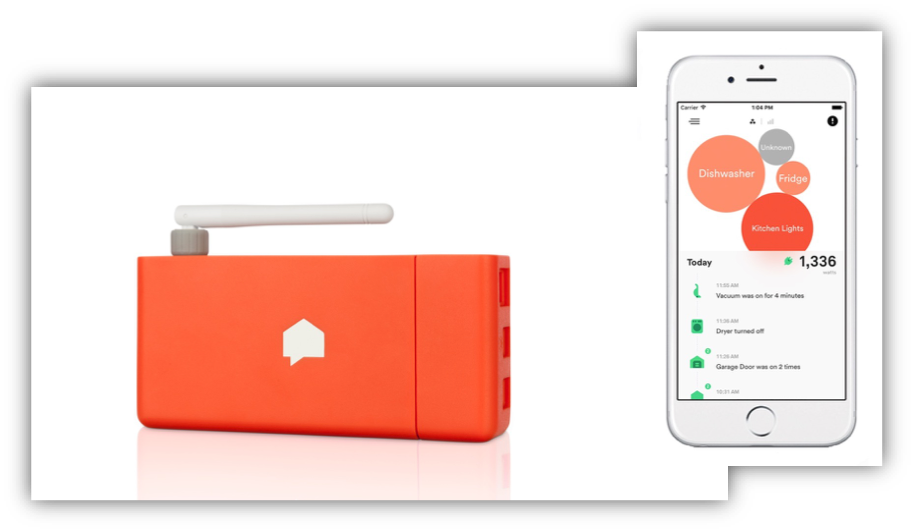
After they have more efficient homes and a better understanding of their energy use, we want to connect participants with solar installers, home weatherization technicians, car dealerships that specialize in electric vehicles, and additional rebates for their clean energy investments.
Power Up will make it desirable, easy, and financially feasible for participants to adopt clean energy, like solar panels and electric cars. These clean energy technologies will reduce air pollution and save families thousands of dollars per year on their energy bills.
Power Up is competing against 11 other proposals for the top 3 spots. Should we be selected for the next round of competition, we will pitch our proposal to Schmidt Futures in Arizona in late January.
We believe in a future that is “Powered Up” with clean energy technology. That future includes millions of dollars of in energy bill and healthcare savings, new clean energy jobs, and a healthy and prosperous middle class. The momentum around clean energy is building by the day. With Wisconsin utilities, counties, and municipalities committing to 100% renewable energy, we know the future of Wisconsin will be one with extensive clean energy adoption. Power Up is one vision for how to get there.
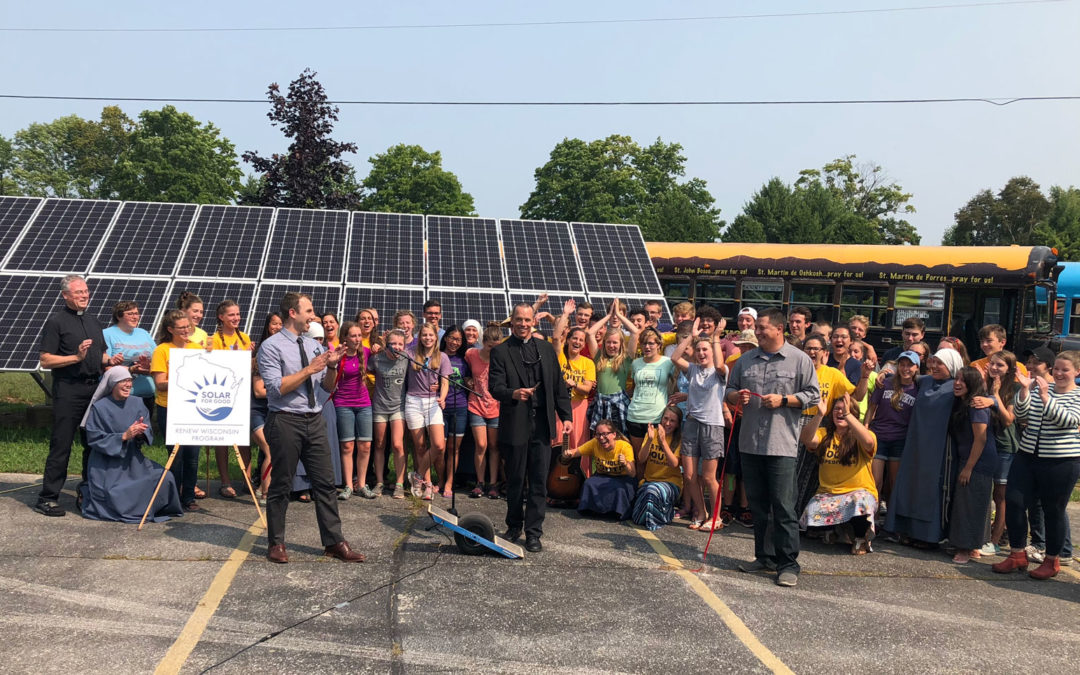
by Sam Dunaiski | Nov 30, 2018 | Local Initiatives, Programs, Solar, Solar for Good
This week, RENEW wrapped up our third round of Solar for Good funding. We are happy to announce that this will be our most successful funding cycle to date!
RENEW received applications from 39 nonprofits and we plan on funding as many as 36 projects. Altogether, these grants will result in as much as $4.5 million in new solar investment, totaling 2.13 MEGAWATTS of clean, renewable, solar power.
This round of funding also featured our most diverse group of applicants to date. We approved solar grants for organizations ranging from K-12 schools to low-income housing to animal shelters. Proposals came in from across the state, from Washburn to Milwaukee, Dodgeville to Green Bay, and nearly everywhere in between.
Some of the nonprofits who will receive grants upon successfully completing their solar projects include:
- Beloit College plans on converting a former coal-fired power plant into a carbon-neutral student activity center, complete with solar panels and geothermal heating
- The Sisters of St. Francis in Green Bay will be adding an additional 98 kilowatts of solar power to the existing array at their motherhouse
- Sawyer County Housing Authority will install solar arrays on 6 multi-family, low-income housing facilities, which will directly offset their residents’ utility bills
This fall 2018 round builds on the Solar for Good success from prior rounds in the fall of 2017 and spring of 2018. During the first and second funding rounds, RENEW issued over $200,000 in grants, helping 23 Wisconsin-based nonprofits invest over $1,677,000 in new solar projects. These projects totaled 730 kilowatts…enough to power approximately 150 homes.
RENEW would like to extend our gratitude to Cal and Laurie Couillard, founders of the Couillard Foundation which funds Solar for Good. Their generosity and devotion to renewable energy has spearheaded the opportunity to expand solar in tremendous ways. Through Solar for Good, solar power in Wisconsin is developing incredible momentum that we plan on build on in the coming years.
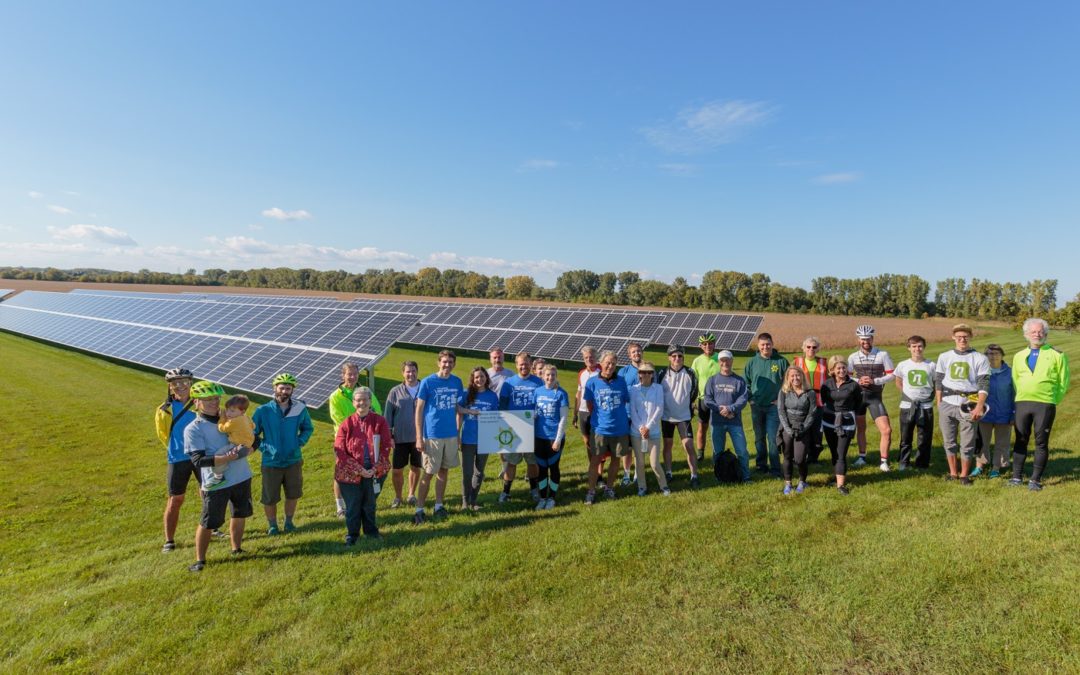
by Michael Vickerman | Oct 16, 2018 | Advocacy, Biogas, Focus on Energy, Programs, RENEW Wisconsin, Renewables, Solar, Wind
For many years, Focus on Energy’s renewable energy incentive program has labored under an operating environment resembling a regulatory roller-coaster. It has weathered funding suspensions, mid-stream budget reallocations, and an effort to replace rebates with loans.
But that extended wild ride is finally coming to an end, the result of Public Service Commission orders that will restore stability and consistency to Focus’s renewable energy offerings.
The PSC’s ruling in June 2018 locked in $22 million in renewable energy incentives for the 2019-2022 funding cycle, split equitably between residential and business customers. That allocation amounts to a funding increase of $4.7 million, or 27%, over the previous four-year cycle. In addition, the order granted flexibility to move funds between residential and business customers to better ensure all the funding is utilized.
A subsequent order in September 2018 locked in improvements to the business program, including a streamlined application process, a guarantee of request-for-proposals issued three times per year, and a funding set-aside for mid-size projects (between 20 and 100 kilowatts for solar power projects).
We are starting to see the results of these positive decisions!
The business program has an RFP on the street with applications due next week, on Tuesday, October 23rd, for the first round of projects that will be installed in 2019.
All in all, the PSC’s decisions tracked closely with the recommendations submitted by RENEW and its member businesses regarding funding levels and program design.
But before we dive into how it happened, RENEW wishes to thank PSC Chairperson Lon Roberts and Commissioners Mike Huebsch and Rich Zipperer for their votes in support of a strong, predictable, and consistent renewable energy program for Focus on Energy!
We would also like to thank the Commissioners’ Executive Assistants and the Commission’s Focus on Energy staff team for the role they each played in setting up success for 2019 through 2022.
The Anatomy of the Victory
Our goals for the 2018 planning process were twofold: first, to lock in a stable and well-funded operating environment for renewables; and second, to integrate needed process improvements to the incentive program targeting commercial installations. Our member businesses assisted us in formulating these recommendations which were based on an assessment of recently adopted tax and trade policies and their likely effects on customer appetite for onsite renewable generation.
Our success was made possible by the participation of several influential constituencies that weighed into the formal planning docket. For the first time in Focus on Energy’s history, associations representing general contractors, builders, and architects voiced their support for a well-funded renewable energy program. Drawing upon his background representing contractors at the Capitol, Jim Boullion, RENEW’s Government Affairs Director, was instrumental in engaging these groups to submit a letter conveying their support for continuing current funding levels over the next four years.
In addition, renewable energy businesses and associations across solar, biogas, and geothermal technologies weighed in with support. These businesses span the entire state, which helped us make the point that the renewable energy program serves rural and urban areas.

Geographic Representation of Signatories
Our success in 2018 was also made possible by RENEW’s organized media outreach and recognition swings across Wisconsin from 2015 through 2017. Those events highlighted the increasing appeal of rooftop solar for commercial customers, school districts, and agricultural producers, and called attention to the Focus on Energy incentives that moved these installations to completion.
The ribbon-cuttings and award ceremonies in locations such as Racine, New Berlin, and Darlington proved effective in generating positive coverage from the press. RENEW complemented that effort with analysis documenting the renewable program’s statewide reach and effectiveness in supporting Wisconsin businesses, both at the customer and contractor level.
That effort first bore fruit in October 2016, when the PSC decided to scrap the sputtering loan program and replenish the incentive budget for 2017 and 2018 with unspent loan dollars totaling more than $8.5 million. With that commitment in place, renewable energy businesses could bank on a relatively stable and adequate funding base, and break free of the fits and starts that had hampered their ability to meet growing customer demand.
Getting the 2017 and 2018 programs in place and, through our members, showing them to be successful gave us a strong negotiating position to showcase “what is working” and to advocate for continued rebate funding for 2019-2022.
In the end, it was a combination of RENEW’s strong advocacy on behalf of our member businesses and allies, and the PSC’s desire to see the program succeed that led to this positive outcome. We are fortunate to have so many actively engaged members who understand the value of speaking up with a unified voice.
Said RENEW Executive Director Tyler Huebner: “The Commissioners definitely heard the collective comments of our industry and stakeholders to make the renewable energy program as streamlined and business-friendly as possible. RENEW Wisconsin will continue to work with the Commission, PSC staff, and the Focus on Energy program administrators to make the programs simple for customers and the renewable energy marketplace, while ensuring cost-effective outcomes.”
Once again, thank you to our Members and Stakeholders who supported our positions, and to the PSC Commissioners, Executive Assistants, and Staff who all played instrumental roles in this process.
We look forward to a strong Focus on Energy renewable energy program for 2019 through 2022!
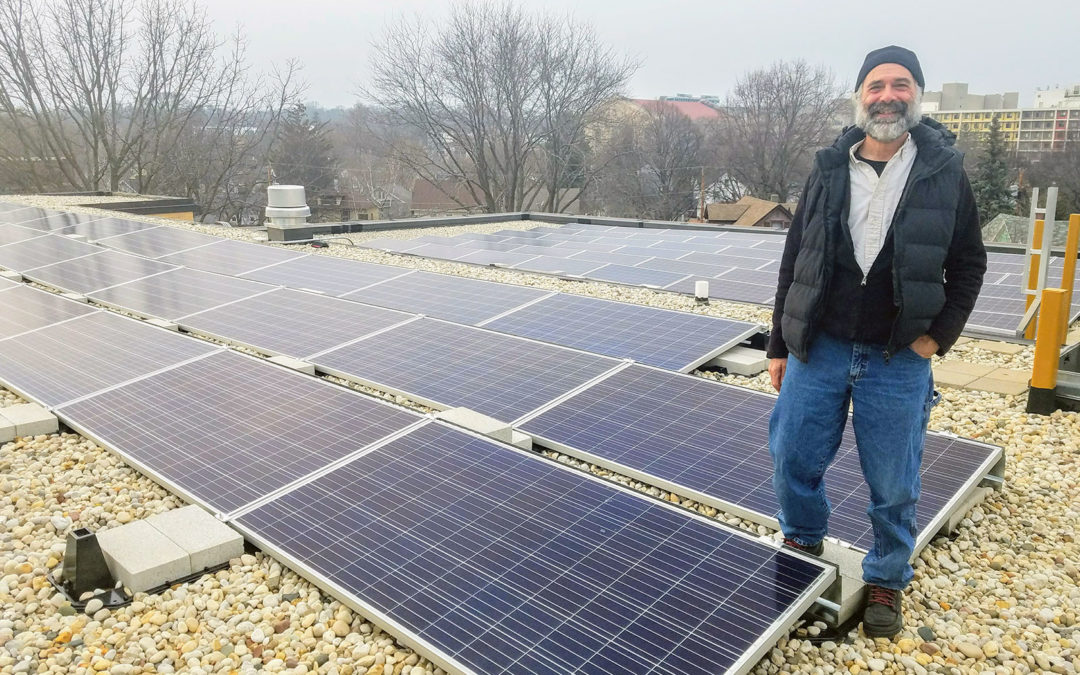
by Tyler Huebner | May 10, 2018 | Programs, RENEW Wisconsin, Solar for Good
RENEW Wisconsin’s Solar for Good program is issuing grants to 15 Wisconsin nonprofit organizations to install new solar electric systems. The grants total over $145,000 and will fund 10% to 20% of each organization’s project. The overall value of these new solar arrays is set to exceed $1.2 million.
Planned for installation over the next twelve months, these projects expect to add over 460 kilowatts (kW) in new solar power. The size of each project will vary based on the needs of the organization.
This is the second round of Solar for Good grants, following Fall 2017’s inaugural opportunity when sixteen organizations were offered grants. The program is primarily funded by solar philanthropists Cal & Laurie Coulliard of Deerfield through their Coulliard Solar Foundation.
“Nonprofit organizations are leaders, gathering places, and signs of hope across our Wisconsin communities. By helping them produce their own solar energy, we are empowering them to showcase solar energy’s capabilities and continue their leadership role for the people they serve. We are very proud of these nonprofits and can’t wait to see their shining solar projects get completed!” said Tyler Huebner, RENEW Wisconsin’s Executive Director.
The following organizations have been offered Solar for Good grants to install new solar electric systems:
Alice’s Garden, community and urban farm, Milwaukee
Community Homestead Inc, special needs organization, Osceola
First Unitarian Society of Madison, house of worship, Madison
Heartland Housing Inc., community housing, Milwaukee
Heartland Montessori School, early childhood education, River Falls
Heckrodt Wetland Reserve, outdoor education program, Menasha
Memorial United Church of Christ, house of worship, Fitchburg
Quasimondo Physical Theatre, arts education and training, Milwaukee
St. Bridget Catholic Church, house of worship, River Falls
VFW Post 8483, veterans service organization, Madison
Walnut Way Conservation Corp, environmental conservation organization, Milwaukee
Worldbuilders Inc., humanitarian organization, Stevens Point
Two organizations have asked to remain anonymous at this time.
Solar for Good plans to issue another round of grant funding in fall 2018. Individuals who want to learn more about the program can visit our website.
About RENEW Wisconsin
RENEW Wisconsin is a nonprofit organization which promotes renewable energy in Wisconsin. We work on policies and programs that support solar power, wind power, biogas, local hydropower, and geothermal energy. More information is available on RENEW’s website.

by Katherine Klausing | Mar 15, 2018 | Programs, RENEW Wisconsin, Solar
Monday March 12, 2018, Madison.
For More Information
Katherine Klausing, RENEW Wisconsin
608-255-4044 x5, 614-406-1105
Katherine@renewwisconsin.org
Solar for Good, an initiative from the renewable energy advocates at RENEW Wisconsin, will offer grant funding this spring to assist nonprofit organizations with installing solar panels on their facilities.
The program is funded through a donation from philanthropists Cal and Laurie Couillard of Deerfield.
“The solar energy boom is having a positive impact throughout Wisconsin, from keeping more of our energy dollars in our pockets to protecting our natural resources,” said Katherine Klausing, Engagement Manager at RENEW Wisconsin. “That’s why we want to help local nonprofit organizations and houses of worship, who are working every day to improve our communities, join the solar movement. By installing their own solar PV systems, these organizations will be able to generate their own clean, renewable energy, save money on their utility bills, and reinvest the energy cost savings back into their work. “
This spring, Solar for Good will award a total of $110,000 in grants to nonprofit organizations and houses of worship to assist them in installing solar photovoltaic systems. The grant program will fund up to 20% of the cost of a solar array, with a grant cap of $10,000 for solar arrays sized less than 75 kW and a grant cap of $20,000 for arrays 75 kW and above.
Solar for Good will also offer small grants for technical assistance, including professional solar site assessments and engineering services, to get projects started and see them through to success. The program plans to offer both a spring and a fall grant cycle each year and be sustained for three years or more. RENEW Wisconsin and Solar for Good aim to use the grants to help organizations going solar to spread the word about their solar investments and educate their communities about the benefits of solar.
In 2017, the program offered grants to 16 nonprofit organizations across Wisconsin, including a food pantry, a shelter for homeless veterans, and several houses of worship. When all the projects are completed, the grants will have supported over $1.2 million in solar investment and added 573 kilowatts (kW) of new solar electric projects to the state.
“We were thrilled to have received a Solar for Good Grant,” said Barbara Roder. Her congregation at Pilgrim United Church of Christ in Fond du Lac was one of the 2017 grantees. “This incentive was just what we needed to move us from thinking about solar to doing it.”
How to Apply
Organizations can learn more and apply HERE.
In order to be eligible, the organization must be a registered nonprofit organization located in Wisconsin, be in good financial standing, be ready to install solar and agree to participate in educating community members about the benefits of solar energy. If approved for a grant, all fundraising, design and installation for the solar project must be completed within 12 months.
Applications for this round of funding must be received by Monday April 9, 2018. Decisions and funding announcements will be made by Wednesday April 15, 2018.
For organizations looking at solar for the first time, technical assistance grants are available to fund a solar site assessment (up to $250) or engineering review (up to $500) for their solar array. These applications will be reviewed separately from the applications for grants for solar installation and will be awarded on a first-come, first-served basis.

